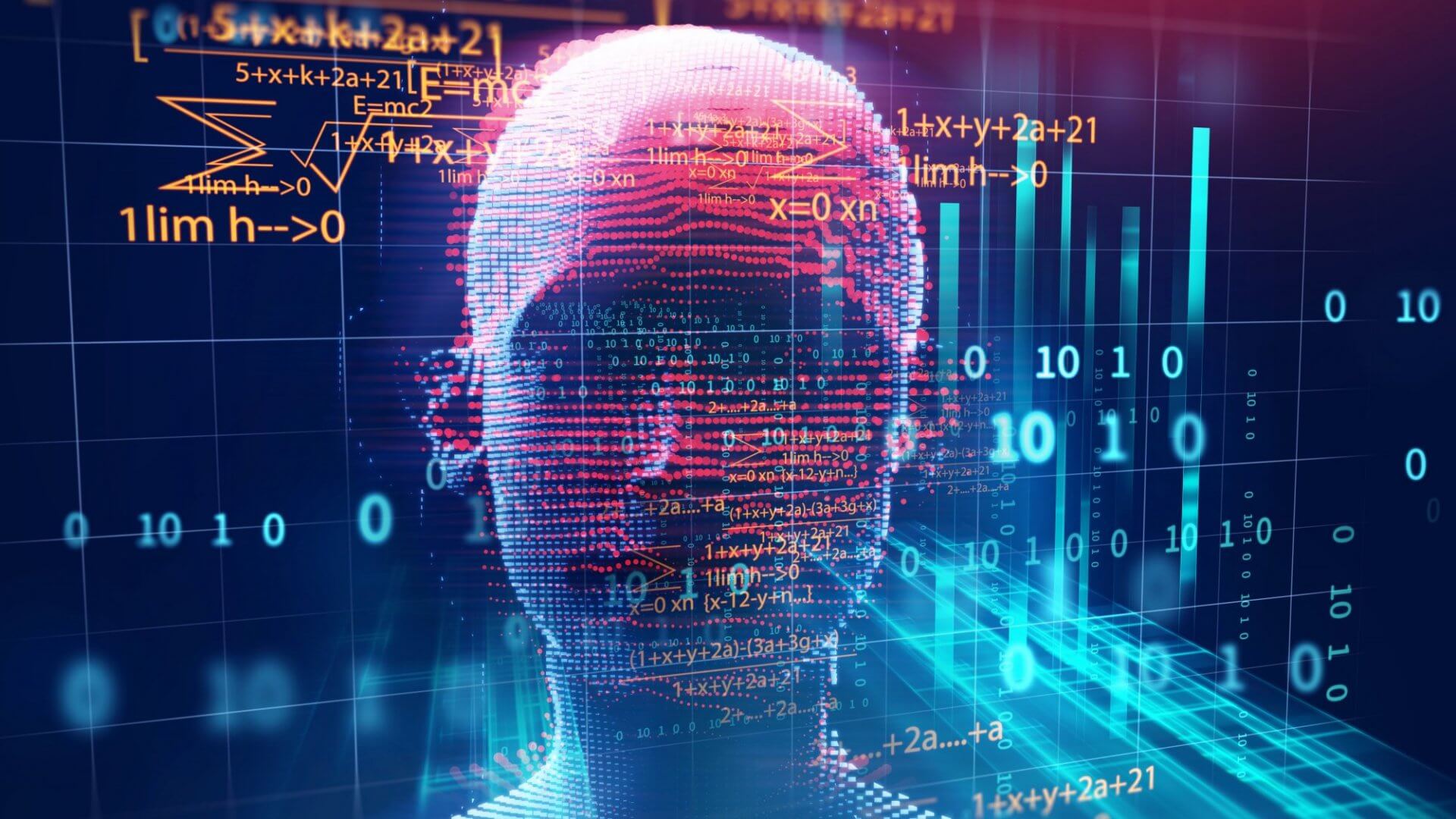
How is tech (including AI) changing education?
13 Jul, 20235 mins
The minds of the future
Machines can learn. But can they also teach?
As humanity strides ever closer towards a world in which the heavy intellectual lifting is done by artificial intelligence (AI) – much like the all-knowing Minds in sci-fi author Iain M. Banks’s Culture series – education is no exception to the wave of disruption that AI is creating.
Indeed, even beyond AI, technology such as increasingly sophisticated video conferencing and virtual reality (VR) are having a transformative impact on education. But while edtech has the power to help more and more people learn, there are those who ask: “at what cost?”
Perhaps the most recognisable edtech app in the landscape is Duolingo, and its chirpy green owl mascot. The app boasts an impressive 72.6 million monthly active users (MAUs) and 20.3 million daily active users (DAUs), with DAUs having increased 62% over the past year.
Part of the secret of Duolingo’s success is its harnessing of the power of AI to improve learning outcomes; it uses AI, for example, to identify the most common spelling and pronunciation mistakes to provide targeted feedback. Duolingo is also a pioneer of the responsible use of AI, particularly its use in education and assessment, with the company hoping “to lead the way in digital-first assessment”.
Its Duolingo English Test (DET), an English language proficiency test which can be taken from anywhere, was built on GPT-3 and upgraded to GPT-4 earlier this year. Using AI to generate the DET has enabled Duolingo to offer its English test, the results of which are accepted by over 3,000 universities, for $49, a quarter of the price of a TOEFL test.
AI is far from the only technological innovation impacting edtech. Various edtech companies, such as Gloucester-based ClassVR, creates VR headsets and content for use in classrooms for children from as young as four years old. Immersive educational experiences have the capacity to boost student engagement, and ClassVR even produces personalised learning software to support students with special educational needs.
Making connections
Edtech companies don’t just provide the education; often, their greatest benefit is connecting students and teachers. One of the highest profile edtech platforms in Britain right now is Multiverse, an online platform for finding apprenticeships, founded by Euan Blair, son of former PM Tony.
Multiverse views its product as genuinely disruptive for traditional education systems: a spokesperson told UKTN that the company is “building an outstanding alternative to university through apprenticeships”. The increasing appetite for connective ed tech platforms like this is demonstrated by Multiverse tripling its revenues during 2022.
Then there are sites like MyTutor, an online marketplace to connect parents, schoolchildren and students with potential tutors. MyTutor raised £15m in a 2021 funding round led by SEEK, before adding a new CPO, Geoff Steed, and COO, Jamie Wadhams, to its team in late 2022 to drive its further growth.
MyTutor’s co-founder and CEO Bertie Hubbard said, at the time of the appointments, that “technology is key to breaking down barriers to accessing high-quality and personalised education”, echoing the views of many of edtech’s strongest advocates.
Technology, particularly the rise in video conferencing software, has also enabled a rise in distance and online learning. Indeed, an entirely online university has the potential to bring education to some of the world’s most deprived areas. Rabab Fatima, Secretary-General of the Fifth UN Conference on the Least Developed Countries (LDC5), heaped praise in March on a proposal for a new global online university, saying it offered “hope, learning and access to marginalised groups who presently could not reach higher education”.
Does educational AI make sense?
There are, however, arguments that AI poses a threat to education.
Of particular concern is the ability of ChatGPT and other generative AI software to help students cheat: the software is perfectly capable of producing essay responses for homework or coursework. Students considering using it for this purpose should stay aware of ChatGPT’s various shortcomings. Darren Hicks, an assistant professor of philosophy at Furman University, posted on Facebook earlier this year that he noticed coursework submitted by his students was AI-generated when “despite the syntactic coherence of the essay, it made no sense”.
Teachers are not blameless in using ChatGPT to cut educational corners. An extraordinary case earlier this year saw a group of Texas A&M University seniors falsely denied their diplomas after a professor accused them of having been AI-generated. The professor, Dr Jared Mumm, asked ChatGPT if it had written the essays in question, and the platform said, inaccurately, that it had.
This highlights several dangers of using AI for education. Firstly, large language models (LLMs), like GPT-3 and GPT-4, are designed to produce convincing text. They can’t, however, distinguish between reality and fiction: all they “know” is the raw text they have been trained on, and how to amalgamate this information into speech-like text relating to prompts. LLMs are trained to give the answers people want to hear, and clearly, ChatGPT’s operators like to hear that it wrote something. To a machine that doesn’t experience the world in the way we do, the concepts of truth and fiction are meaningless, which is why LLMs are so prone to “AI hallucination”.
Secondly – and perhaps more seriously – many people, Dr Mumm included, are fairly unaware of this fact. This is perhaps the greatest consideration when thinking about AI in education: everyone using it needs to understand its limitations. Otherwise, students risk producing bad work, and teachers risk bad grading.
Beyond this lies another question: what impact will technology, and AI, have on human intelligence? Scientists from the University of Minnesota and the University of Cologne found that an over-reliance on AI can, over time, stifle diversity of thought in human societies. Could offloading the burden of intellectual thought to machines make humans, over time, dumber?
The critical questions
The reality is that AI is here to stay. Regardless of the extent to which education embraces it, the technology will transform the world we live in. Education needs to set people up for the future. In a world driven by AI, is the ability to write an essay from scratch as useful as the ability to prompt ChatGPT to write (a good) one for you?
So, while remaining aware of the shortfalls that AI can lead us into, it’s important to also recognise the opportunities it has to transform learning. Dr Steve Watson, co-convener of the Knowledge, Power and Politics research cluster at the University of Cambridge’s Faculty of Education, believes that by taking the burden of organising their ideas into coherent text off students, generative AI “could shift the focus of education towards critical thinking and big questions” instead.
Oho Group partners with the leading innovators in edtech, AI, VR and software. Find out more about how we can help you hire knowledgeable engineers to drive your edtech business forward.

